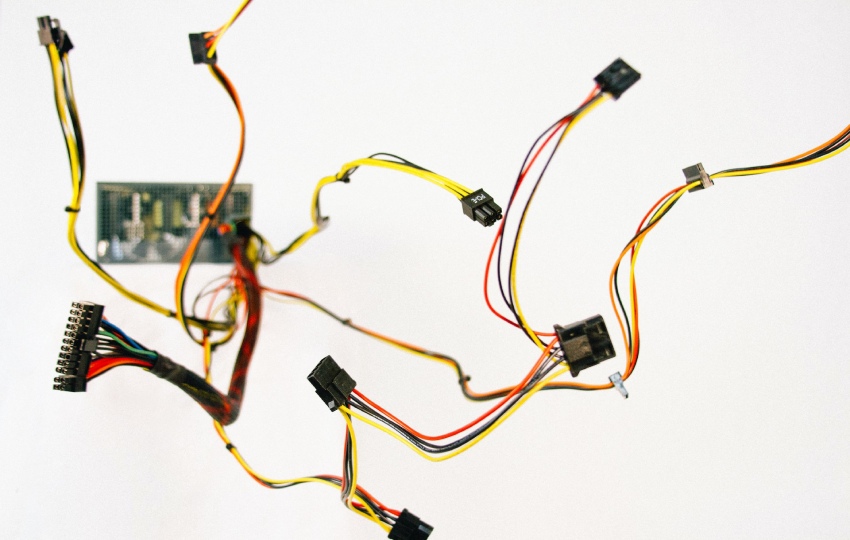Welcome to today’s blog, where we are going to explore innovative approaches to learning and equipping students with the necessary skills for success in a digital future. We will delve into the realm of Artificial Intelligence (AI) education and shed light on how simulation-based learning can empower students to master AI skills effectively. We will also discuss the potential impact of this approach on their future careers and the business world at large. But before doing so, let’s have a look at CoDeAI Erasmus+ project, which we are implementing with our partners with a similar objective as the topic of today’s blog.

CoDeAI Logo
Introducing CoDeAI Project
Before reading about the benefits of simulation-based learning, we want to introduce you to the groundbreaking CoDeAI project.
CoDeAI is a visionary initiative that seeks to incorporate AI into higher education curricula by promoting simulation-based learning strategies. By bridging the gap between theory and practice, it aims to meet the demands of a student population that thrives in digital environments and empowers them to excel in the world of AI.
To learn more about this transformative project, visit the project’s official website and stay tuned to not miss any updates.
5 Powers of Simulation-Based Learning

1. Immersive Learning Environments
Simulation-based learning provides students with virtual learning environments that replicate real-world scenarios. This is a pro of the fast-growing digital learning. These environments allow learners to actively engage with AI concepts, tools, and techniques, facilitating a deeper understanding of the subject matter. By immersing themselves in AI simulations, students gain practical experience and develop critical thinking skills that are vital in an AI-driven world.
2. Hands-On Experiences
Traditional classroom settings often struggle to provide hands-on experiences for students learning AI. Simulation-based learning fills this void by offering students a safe and controlled space to experiment and apply AI principles. Through hands-on learning, learners can manipulate variables, observe outcomes, and iteratively refine their approaches, fostering a deeper grasp of AI concepts and problem-solving skills.
3. Practical Skill Mastery
Simulation-based learning enables students to acquire practical AI skills by engaging in authentic tasks and projects. By working on real-world challenges within the simulated environment, students gain valuable experience in areas such as data analysis, machine learning algorithms, and AI model deployment. This practical skill mastery prepares them for the complexities they will encounter in their future AI careers.
4. Bridging Theory and Practice
Simulation-based learning acts as a bridge between theoretical knowledge and practical application. It allows students to translate abstract AI concepts into tangible outcomes by implementing them in simulated scenarios. By experiencing the direct impact of their theoretical knowledge, students develop a deeper understanding of AI principles and their practical implications.
5. Collaboration and Problem-Solving
In simulation-based learning, students often work in teams to tackle complex AI problems. This collaborative approach mirrors real-world AI projects where teamwork is crucial. By collaborating with peers, students enhance their communication, collaboration, and problem-solving skills, preparing them for the collaborative nature of AI work environments.
Impacting Future Careers and the Business World
Integrating simulation-based learning in AI education has far-reaching implications for students’ future careers and the business world. As industries increasingly adopt AI technologies, professionals equipped with practical AI skills will be in high demand.
Simulation-based learning offers students a competitive edge by providing them with the necessary hands-on experience and problem-solving capabilities to thrive in the AI-driven job market. Moreover, businesses can benefit from employees who possess practical AI skills, as they can leverage these talents to drive innovation, optimize processes, and make data-driven decisions.
Conclusion
Simulation-based learning is revolutionizing the way students master AI skills. By immersing learners in virtual learning environments and providing hands-on experiences, this approach empowers students to bridge the gap between theory and practice.
The CoDeAI project, with its commitment to simulation-based learning, is paving the way for a new era of AI education. We encourage you to explore the CoDeAI project further and embrace simulation-based learning as a powerful tool in shaping your AI journey. Together, let us embrace the future of education and thrive in the dynamic world of AI.
Remember, the future belongs to those who dare to learn, experiment, and innovate.

